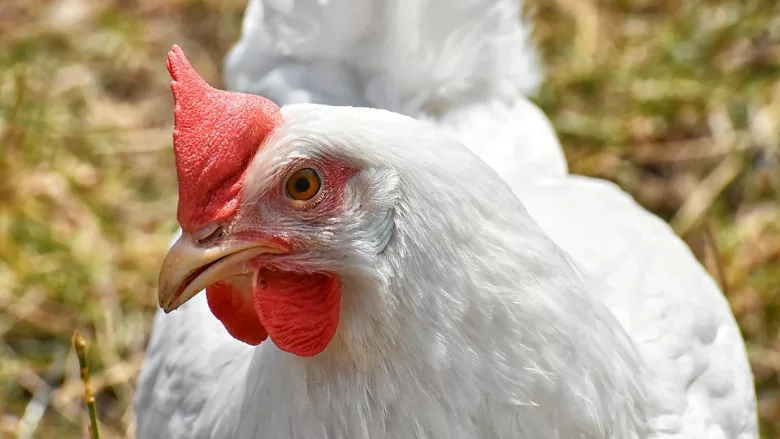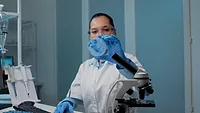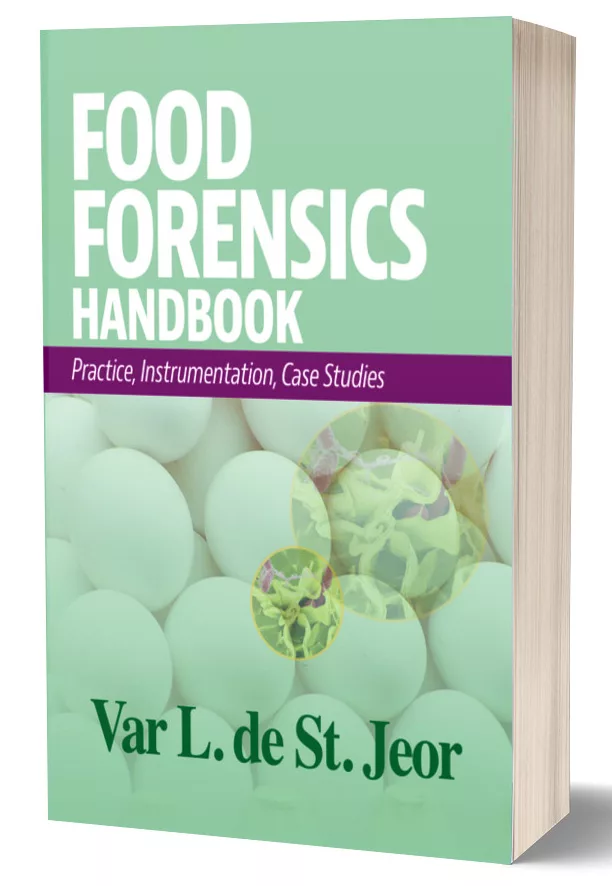Some Salmonella Strains Undetected by Traditional Testing Methods

A recent study found room for improvement in Salmonella detection methods in poultry, and provides a framework for a new detection method using advanced technology. Through the use of CRISPR-SeroSeq technology, researchers discovered multiple strains of Salmonella in live bird samples that previously went undetected by traditional testing methods.
The study analyzed national Salmonella monitoring data that was collected from 2016–2020 by the U.S. Department of Agriculture’s Food Safety and Inspection Service (USDA’s FSIS). The initial analysis found that, although overall cases of Salmonella contamination in chicken decreased by 2.43 percent over the four-year period, reported cases of salmonellosis remained constant.
The initial analysis suggested that Salmonella strains that are found on farms are not always the same as the strains found in poultry processing plants. S. Kentucky, which is typically not associated with human illness, accounted for 80 percent of Salmonella found on the farm, whereas strains that are more prone to causing sickness—S. Infantis, S. Enteritidis, and S. Schwarzengrund—were found in samples from processing plants.
After finding discrepancies between pre- and post-harvest samples, the researchers performed CRISPR-SeroSeq on live breeder samples collected from 2020–2021. The researchers aimed to discover the points at which strains other than S. Kentucky were being introduced into the poultry supply chain. The findings confirmed the researchers’ suspicions that a variety of Salmonella strains that exist on the farm were going undetected by traditional testing methodology.
The incongruence between Salmonella on farms and in poultry processing plants and products poses a challenge for the poultry industry when choosing appropriate vaccinations and other control strategies. However, the researchers are confident that their study provides a new framework for how to identify previously undetectable Salmonella strains, which may facilitate more effective surveillance of Salmonella in poultry.
Looking for quick answers on food safety topics?
Try Ask FSM, our new smart AI search tool.
Ask FSM →








